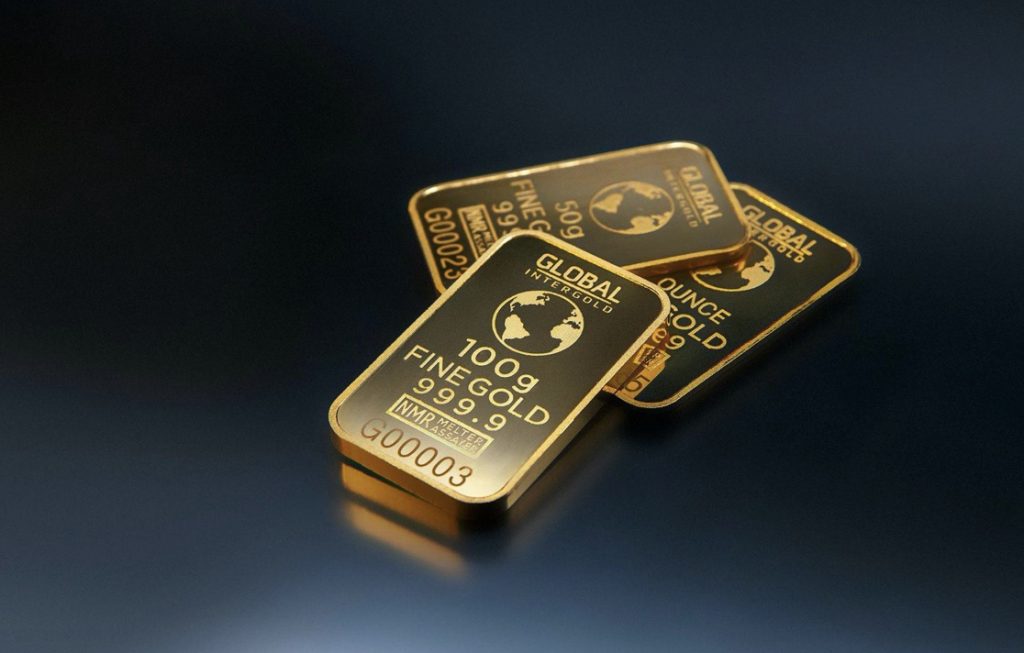In political finance and economic systems the words ‘hard money’ and ‘soft money’ are said, but are little understood. These terms have profound consequences for systems of campaign finance for political candidates and on the operations of the economy.
What is Hard Money and Soft Money
In the political framework, the term hard money means contribution made directly to the political candidates or their campaigns. These contributions are also restricted by federal and state laws and the donors are required to declare such contributions.
Unlike soft money, hard money is to be used to directly fund a candidate’s campaign and is supposed to be much more above board. For example, in the United States, the Federal Election Commission, FEC, is responsible for the regulation of maximum rigidity of the relative quantity that individuals or organizations can contribute to a candidate in order to provide fairness in elections.
Soft money, therefore, is money that is donated to political parties and committees that are independent of federal campaign finance laws. These are mostly spent in building up the party, persuading people to turn out and vote and engaging in various public interest activities, not in supporting a particular candidate.

Economic Context: Hard money and soft money
Conventionally, people used hard money systems, that is, money as being directly exchangeable for metals such as silver and gold. This gave the economy a sound and stable system of issuing its currency since its value was anchored on something tangible. For instance, the Gold Standard that was rife in the nineteenth, and the beginning of the twentieth century entailed that paper money would be backed by gold.
However, there was a problem with hard money systems in that they were very rigid and this created economic problems because it did not allow governments the latitude to deal with financial crises or change with the economic cycles. So the leaders began to explore hard money v soft money and the benefits of both systems. This led to a great change in economic policy.
In monetary terms, soft money can be described as ‘fiat money’ because it has no intrinsic value but is accepted simply because the government passed it and accepts it in return for other goods and services. Contemporary economies are mainly soft money economies in which the central banks have an option to control money and apply the policies.
Thanks to this flexibility more economic stability can be gained and the problems that might shoot up in the economy can be dealt with, for instance inflation or recession. For instance during the credit crunch of 2008 the global central banks applied quantitative ease to pump money into the economy which would have been impossible under the hard money system. But the use of government trust and the possibility of inflation are the main weaknesses of soft money systems.
Political Consequences of Hard Money and Soft Money
The effects of hard money and soft money are primarily political because these forms affect the nature and organization of electoral campaigns and, in this way, the practical function of democracy. As hard money contributes funds and has a strict guideline through which this is done, they are perceived to be a reformist type of political contribution.
The regulations concerning disclosures connected with hard money contributions guarantee the accountability of all the sources of the campaign’s funding and the amounts received by the candidates. This makes people have confidence and faith in the electoral process hence reducing cases of corruption.
However, the restrictions on the contribution of hard money can also present some difficulties to candidates, especially those who are financially not well-endowed in the sense that they may be unable to mobilize enough funds to match their well-endowed opponents. You can click the link: https://www.nber.org/ to learn more about small donors.
Soft money, however, has been an issue of debate and controversy perhaps due to its nature in not being regulated. Some have criticized it because it gives ways by which wealthy people and organized groups can influence the political system in a way that could be anti-representative of the populace. The controversy with soft money is that it has no limits and therefore has an unfair chance to dominate the political system to the advantage of the individuals with plenty of cash.
Due to these worries numerous reforms on the legislation of campaign financing have been passed to address the issue of soft money. Soft money was the target of the Bipartisan Campaign Reform Act of 2002, or the McCain-Feingold Act, which was intended to curb its usage in federal elections. You can click here to learn more about bipartisan reform.
The act specifically banned national political parties from collecting or spending soft money; and set limits to contribution to state and local parties. Nonetheless, there are still loopholes and legal challenges that have been recorded, and this tends to prove a continuous fight between money and democracy.
Unlike hard money which provides a large measure of freedom and potentially a greater amount of cash can be used to sway elections, soft money invites problems such as corrupt practices and a dilution of democracy. It is important to comprehend these differences when dealing with the complex tangle of funding and political strategies in the world, which make up a considerable portion of one’s existence, to come to good decisions and make the world a fairer and more open place.


0 Comments